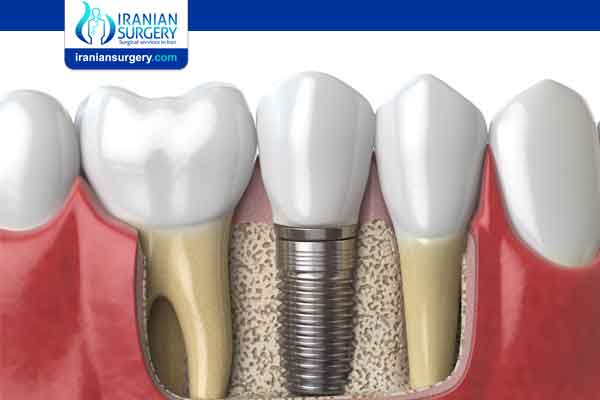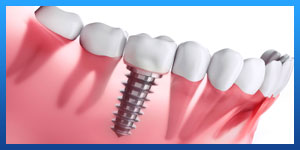Good Candidates for Dental Implants

who would not be a candidate for dental implants
Who are the ideal candidates for a Dental Implant procedure?

In general, dental implants may be right for you if you:
. Have one or more missing teeth
. Have a jawbone that's reached full growth
. Have adequate bone to secure the implants or are able to have a bone graft
. Have healthy oral tissues
. Don't have health conditions that will affect bone healing
. Are unable or unwilling to wear dentures
. Want to improve your speech
. Are willing to commit several months to the process
. Don't smoke tobacco
Read more about : Dental implants in Iran
Who should avoid Dental Implant?
Some people are more suited to dental bridges and dentures and less suited to an implant procedure. Those who are generally not good candidates for dental implants are:
. People with insufficient jaw bone thickness, length and height that cannot accommodate bone grafting and implants.
. People with untreated periodontitis are affected by loose teeth, inflammation and shrinkage of gums and are at high risk of implant failure due to infection.
. People with heart disease or renal problems and those have had organ transplants are more prone to infections and will need additional medication after the procedure.
. People with blood clotting disorders, uncontrolled type II diabetes, and weak immune system should rethink about the surgery as they are prone to loosening of implants.
. People with unhealthy gums and teeth. You will have to be treated for these conditions before undergoing an implant procedure.
. People who suffer from bruxism that is clenching or grinding of teeth.
. People who are chronic smokers. Smoking decreases blood supply healing gums and tissues and interferes with the implant bonding process.
Read more about : Dental Veneers
Read more about : sinus lift surgery before dental implant
Read more about : Gingivectomy

